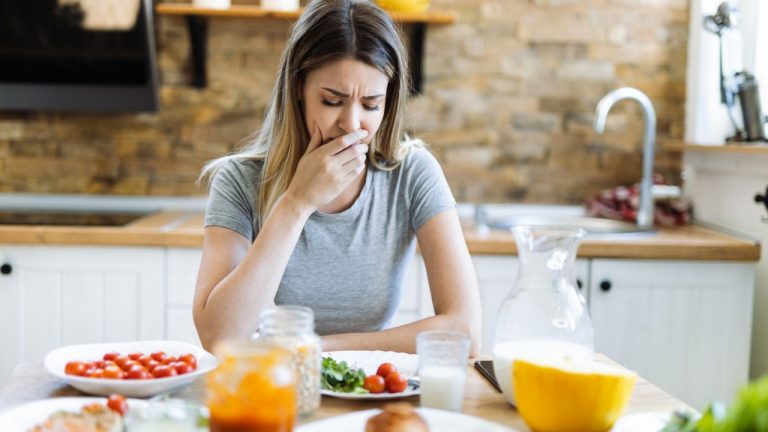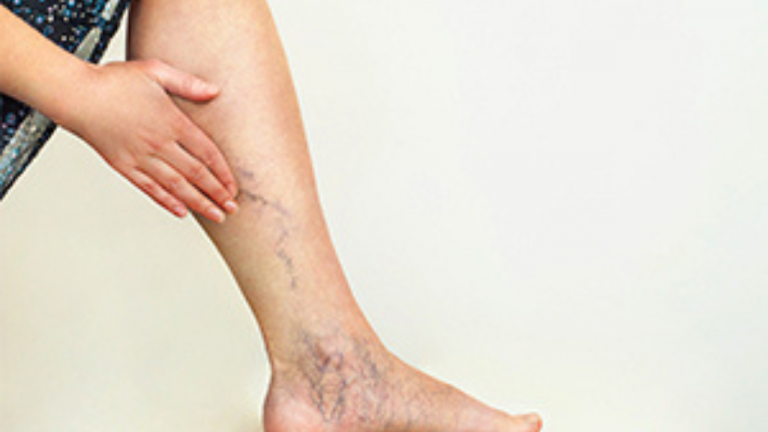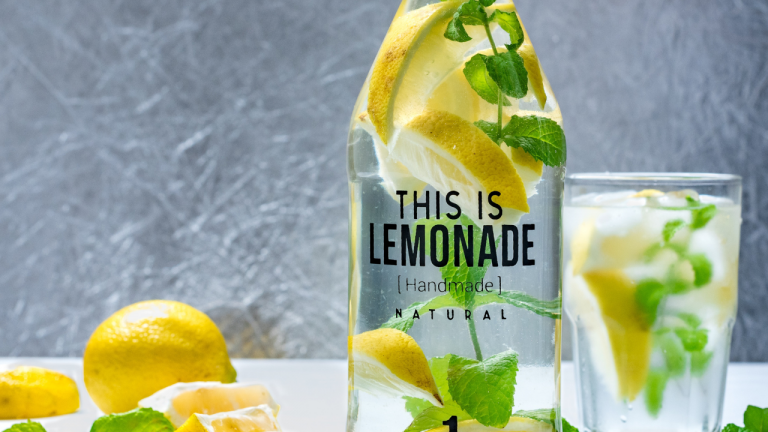Top Hydrating Foods

Staying hydrated is crucial for maintaining optimal health and well-being. While drinking enough water is essential, you can also boost your hydration levels by incorporating hydrating foods into your diet. Here are some top hydrating foods that can help keep you hydrated:
Cucumbers: With their high water content (over 95%), cucumbers are incredibly hydrating. They are also low in calories and provide a refreshing crunch.
Watermelon: As the name suggests, watermelon is an excellent source of hydration. It contains about 92% water and is rich in electrolytes and antioxidants.
Strawberries: These juicy berries are not only delicious but also hydrating. Strawberries consist of approximately 91% water and are packed with vitamins and minerals.
Spinach: Leafy greens like spinach have a high water content and offer numerous health benefits. They contain about 92% water and are a good source of nutrients like iron and vitamins A and C.
Oranges: Citrus fruits, including oranges, are hydrating and provide a good dose of vitamin C. Oranges consist of about 87% water and are a refreshing snack.
Pineapple: Known for its tropical flavor, pineapple is another hydrating fruit. It contains roughly 87% water and is a source of vitamin C, manganese, and bromelain, an enzyme with anti-inflammatory properties.
Celery: Crisp and crunchy celery is a hydrating vegetable with a water content of around 95%. It’s also low in calories and a good source of fiber.
Bell Peppers: Bell peppers, especially colorful ones, are hydrating and nutrient-rich. They contain about 92% water and are packed with vitamins A and C.
Coconut Water: While not a food in the traditional sense, coconut water is a natural hydrator. It’s rich in electrolytes like potassium and magnesium, making it an excellent choice for replenishing fluids.
Yogurt: Along with its many health benefits, yogurt also provides hydration. It contains water and electrolytes while offering probiotics for gut health.
Remember that these foods can contribute to your overall hydration, but they should not replace drinking water. It’s essential to maintain a balance by drinking an adequate amount of water throughout the day and incorporating hydrating foods into your meals and snacks.



